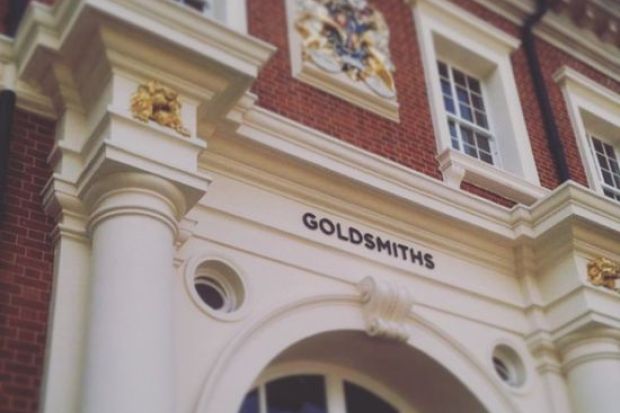Author Michael Rosen said the prospect of more job losses at Goldsmiths, University of London was “unbearable”, as criticism of “unprecedented” plans that could reportedly remove a quarter of the institution’s academic staff grew.
The broadcaster and campaigner – a professor of children’s literature at the south-east London campus – was one of several academics to speak out against what the University and College Union (UCU) has called “the biggest assault on jobs at any UK university in recent years”.
Up to 130 full-time equivalent posts were initially put at risk of redundancy at Goldsmiths, which specialises in the arts, humanities and social sciences, although the college said this was revised down to 92 by the time it began its formal consultation.
Eleven of the college’s 19 departments could be impacted, with UCU warning that some might lose half of their academic staff.
Subjects at risk of cuts were anthropology, educational studies, English and creative writing, history, music, politics and international relations, psychology, social, therapeutic and community studies, sociology, theatre and performance and visual cultures.
It is the second major restructuring at the university in recent years, after 17 redundancies were made in 2021-22.
Professor Rosen, who has taught at Goldsmiths for more than 10 years, said: “It’s been a great working environment, and my department has reached out into the world of education, libraries, literature and scholarship.
“We’ve challenged ourselves to keep up to date with both tradition and the latest ideas circulating in these worlds and to share these with our students.
“These practices and traditions go back a long way at Goldsmiths, and it’s unbearable to think that any of this is under threat from yet more mass redundancies.”
Several UK universities have announced plans to cut jobs and courses in recent months, citing falling recruitment, the undergraduate tuition fee freeze and rising costs.
The UCU branch at Goldsmiths said the plans at its institution were “unprecedented across the sector” in their “scale, intensity and speed”.
If they go ahead, the job losses would be implemented by September 2024, UCU said, which could impact students progressing to the second and third years of their courses owing to modules “disappearing overnight”. A strike ballot has been called by the union in response to the plans.
The university counts many leading figures in the arts among its alumni, including the film director Steve McQueen, the writer Bernardine Evaristo and the musician Damon Albarn, and UCU said the cuts threatened “Britain’s global reputation as a centre of artistic excellence”.
Angela McRobbie, a cultural theorist and emeritus professor at Goldsmiths, said the cuts were a “terrible outcome in a national scenario that has pitched universities against each other”.
“The university sector needs a new public forum for more strategic planning, rather than short-term decisions that will bring great hardship to faculty and their families,” she added.
Frances Corner, the warden of Goldsmiths, said: “Like other universities, we are having to make difficult decisions because of a funding model that is widely acknowledged to be unfit for purpose.
“Creative institutions have also borne the brunt of chronic underfunding of arts in schools, and within this environment fewer students are choosing these subjects at university.
“We are fully committed to retaining the arts, humanities and social sciences as core elements of our educational offer. Our plan will secure a positive and progressive future for Goldsmiths and ensure that we continue to deliver a creative, collaborative and unique learning and working environment.”




